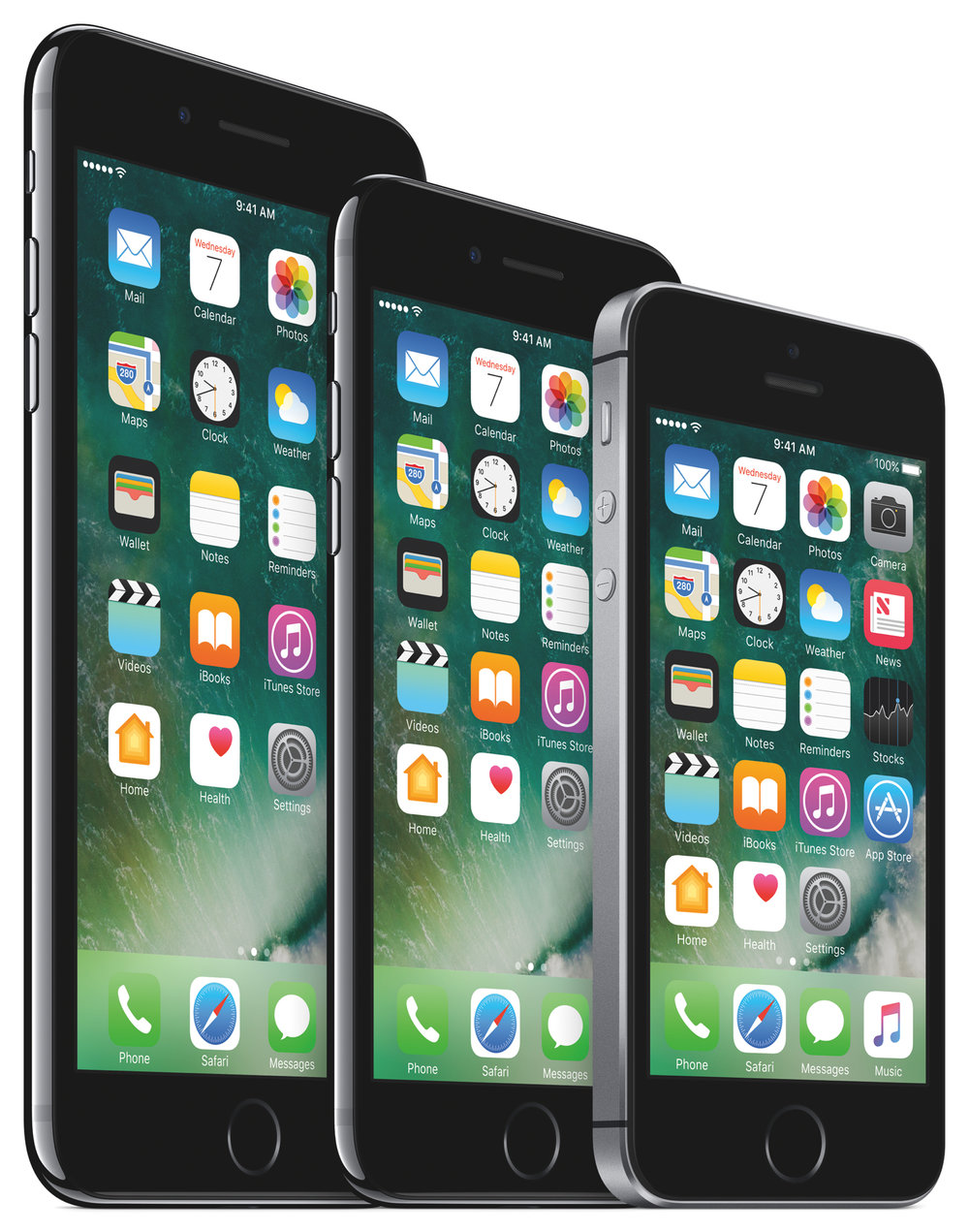To coincide with the 10th anniversary of the launch of iPhone, Axway, the company behind a cloud-enabled data integration and engagement platform, has released the results of a survey that examines the role that smartphones play in enhancing consumer lives with improved services and experiences, and how consumers would like to see the smartphone evolve in future.
The survey of 1,200 U.S. consumers found that consumers value data security and privacy over cool new apps and features, prefer mobile apps to new voice activated services like Siri and Alexa, want to send messages instead of talking, and believe that extended battery life is the key to enhancing the mobile user experience.
While every new smartphone launch focuses on the “cool” new features and capabilities that will be delivered, the survey found that data security and privacy is top of consumer’s wish list for future smartphone updates.

Sixty-nine percent of smartphone owners want smartphone development to focus on data security and privacy as opposed to cool new apps and features. While the industry conversation increasingly focuses on voice-activated services such as chatbots, the Axway survey found consumers don’t want to give up their mobile apps and currently don’t view voice-activated services as a key component of the mobile experience.
Sixty-two percent said they wouldn’t give up all their mobile apps for a voice-activated service like Siri that works perfectly every time. Only 5% f consumers ranked new voice capabilities on their wish list for improving the smartphone experience.
Over the last 10 years the smartphone has unified a range of different consumer devices – everything from music players to games consoles and maps – and redefined the very definition of a phone. To examine how this has changed the way consumers use their mobile phones, the Axway survey asked consumers to rank the top five ways they use their smartphone.
Seventy percent cited messaging as a top use case. Sixty-two percent cited phone calls. Email (54%), social networking (51%) and camera (37%) were also in the top five use cases. Other popular use cases included gaming (30%), music (28%), directions/maps (24%), clock (23%), shopping (23%), weather (22%) and banking (21%). Emerging services like video chat (8%) and mobile TV (11%) saw minimal usage
The smartphone experience continues to change as new technologies such as augmented and virtual reality emerge that enable more immersive experiences. To determine what consumers think is going to make the most difference to the mobile experience, the Axway survey asked consumers what would be top of their wish list for improving the smartphone experience in the future.
Battery power was far and away the top priority for consumers with almost half (48%) putting it at the top of their wish list. Wireless charging (15%), increased durability (10%) and greater connectivity with other devices (8%) were also noted as important to the future mobile experience. More futuristic technologies such as a 3D screen (4%) or virtual reality (4%) weren’t seen as being as important by consumers
Smartphones have taken huge market share from companies selling devices ranging from cameras to portable music players and GPS systems. When asked what they thought the smartphone would replace within the next two years, ATM cards topped the list.
Thirty-seven percent think their smartphone will replace ATM cards. Twenty-eight percent think that the smartphone will replace the tablet. Twenty-seven percent think the smartphone will replace laptops. Twenty-one percent think the smartphone will replace car keys.
